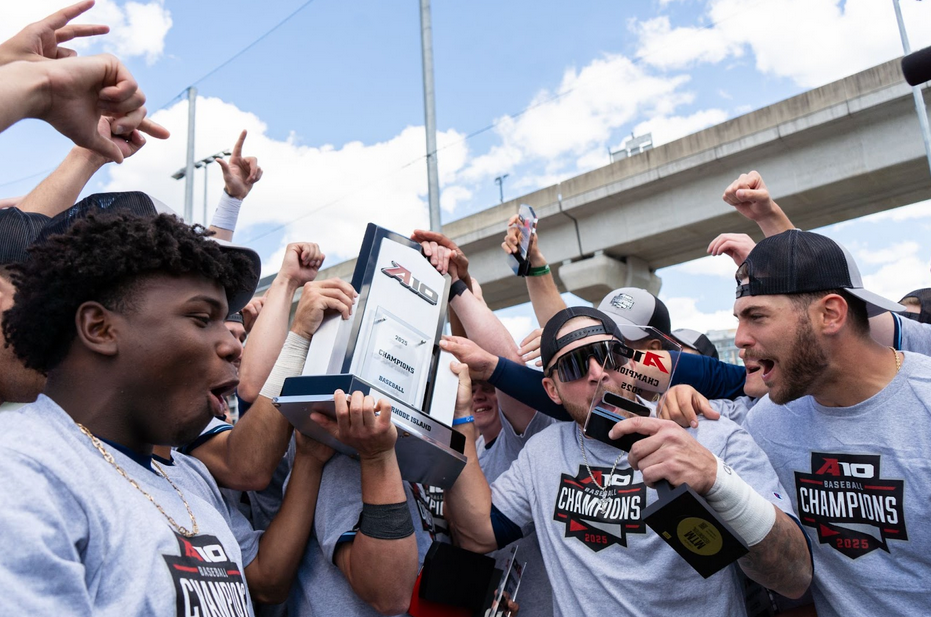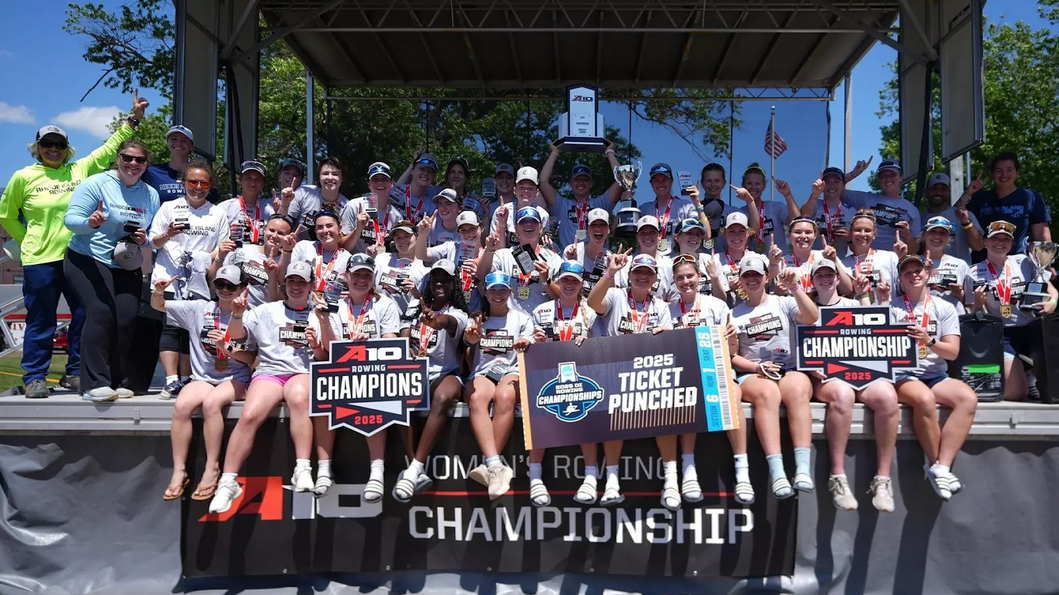It is really hard for us outsiders to relate to what student-athletes are going through this season.
I was reminded of the exhaustion the 2020-21 collegiate athletic season is for everyone involved on Monday afternoon while helping with University of Rhode Island-sponsored COVID-19 testing. Testing is free for all students, faculty and staff at the University, and this semester URI is requiring all students to get tested at least once every two weeks.
Different organizations and majors require different testing schedules, but every time I have volunteered in the testing process, the majority cluster of people are from athletics. Everyone from players, coaches, support staff, building managers and even maintenance workers come through the Memorial Union to get a test. I have seen representation from all 16 Division I sports teams this year, and I have only volunteered there six times since the semester started in January.
The softball team just finished up a 20-hour bus ride from North Carolina, and the very first thing the team had to do upon arrival was get tested. It is important to get routinely tested, but imagine that you have been on a bus for almost an entire day and your dorm room with your own bed is less than a five minute walk away; yet instead of just taking a moment to breathe, you’re reminded of the situation around us and up the hill you go to the Union.
It won’t just be the softball team undergoing this reality. In fact, with the majority of sports happening this spring and not during their typical seasons, practically every team will have this sort of experience. Away games coupled with long travel times are the norm for the majority of teams, as college athletic departments nationwide aren’t flush with cash to pay for airfare coupled with safety concerns.
The schedule a team has today is no guarantee of being the schedule tomorrow. Men’s basketball found out on Tuesday that they have to play George Washington in Washington, D.C. in five days. Earlier this month, women’s basketball went from playing George Washington at home to playing Fordham away in less than a half week’s notice. Those aren’t outliers; they’re the norm in 2021.
Game times themselves will also be different from what we’re used to. Support staff, trainers to sports information directors to facility managers, can’t be in the same place at once. We’ll be seeing more early afternoon and early evening games than ever before. This change in scheduling is more reminiscent of high school sports than Division I Athletics. Facilities needing to be shared equally and crucially and properly sanitized regularly, will also lead to the staggered nature of the schedule.
All of this brings me back to the athletes themselves. They have worked so hard to be able to play this spring and have sacrificed a lot to avoid being the one that forces the team into a two-week pause. No matter the sport, this semester is sure to be a season filled with challenges unforeseen in any other part of their career.
Spring will be the season of the unexpected in college sports, but it’s important to remember that the student-athletes who have done everything asked of them so far deserve some leniency. Before we criticize, let’s empathize.



